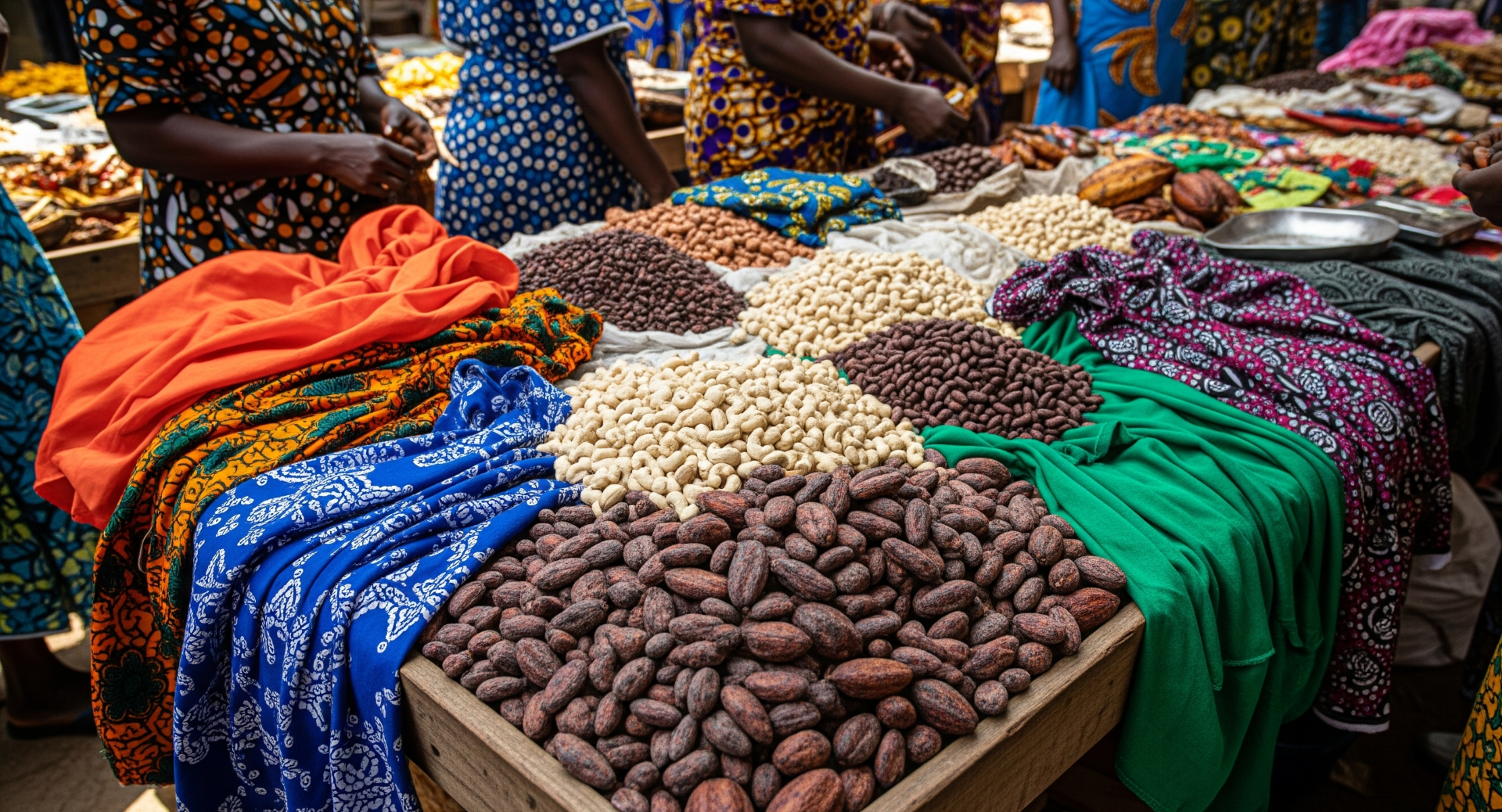The Crucial Role of Agriculture in Achieving Food Security and Sustainable Environmental Management in Africa
Introduction:
Africa, with its vast natural resources and diverse ecosystems, has the potential to become a global powerhouse in agriculture. However, the continent faces numerous challenges, including food insecurity and environmental degradation. Agriculture plays a pivotal role in addressing these issues, as it not only provides food but also serves as a critical tool for sustainable environmental management. In this essay, we will explore how agriculture can be a driving force in helping Africa achieve food security and sustainable environmental management.
1. Enhancing Food Production:
Agriculture is the backbone of African economies, with the majority of the population engaged in farming and related activities. By improving agricultural practices, such as modernizing farming techniques, utilizing better seeds, and adopting efficient irrigation methods, Africa can significantly boost its food production. Additionally, promoting crop diversification and investing in research and development will increase the availability and variety of food products, reducing the continent’s dependence on imported goods.
2. Empowering Smallholder Farmers:
Smallholder farmers constitute a significant proportion of Africa’s agricultural workforce. Empowering these farmers with access to credit, improved technologies, and education can have a transformative impact on food security. Supporting agricultural cooperatives and providing training on sustainable farming practices will enhance productivity, increase incomes, and foster economic growth within rural communities.
3. Promoting Agroforestry and Sustainable Land Management:
Africa’s rich biodiversity and unique ecosystems are facing threats from deforestation, land degradation, and desertification. By promoting agroforestry practices, which combine agriculture with tree planting, farmers can reap multiple benefits. Agroforestry helps improve soil fertility, conserves water, enhances biodiversity, and mitigates climate change by sequestering carbon dioxide. Additionally, adopting sustainable land management techniques, such as conservation agriculture and agroecology, can protect the environment while increasing yields.
4. Water Resource Management:
Water scarcity is a pressing challenge in many parts of Africa, impacting both food production and environmental health. Sustainable water resource management practices, such as rainwater harvesting, efficient irrigation systems, and water recycling, can optimize water usage in agriculture. Implementing these measures will not only increase agricultural productivity but also protect freshwater ecosystems and support aquatic biodiversity.
5. Investing in Agribusiness and Value Chains:
Developing robust agribusiness sectors and efficient value chains can improve food distribution and reduce post-harvest losses. By creating storage and processing facilities, as well as transportation networks, African countries can minimize food wastage and ensure that surplus produce reaches markets in a timely manner. A well-functioning agribusiness ecosystem can also attract investment, generate employment, and boost economic growth.
6. Climate Smart Agriculture:
Climate change poses significant threats to agriculture in Africa, such as unpredictable weather patterns and extreme events. Implementing climate-smart agriculture practices, which include drought-resistant crops, climate-adapted livestock breeds, and weather forecasting technologies, can help farmers adapt to changing conditions. By embracing these climate-resilient strategies, African countries can safeguard food production and contribute to global efforts to combat climate change.
Conclusion:
Agriculture holds immense potential to address the twin challenges of food security and sustainable environmental management in Africa. By adopting modern and sustainable agricultural practices, empowering smallholder farmers, investing in agribusiness and value chains, and implementing climate-smart strategies, the continent can achieve self-sufficiency in food production while safeguarding its fragile ecosystems.
However, achieving these goals will require collaboration between governments, international organizations, NGOs, and the private sector. Only through collective efforts can Africa unlock its agricultural potential, ensuring a prosperous and sustainable future for its people and the environment. By making agriculture a top priority and investing in its development, Africa can transform its challenges into opportunities and become a beacon of food security and sustainable environmental management for the world.












